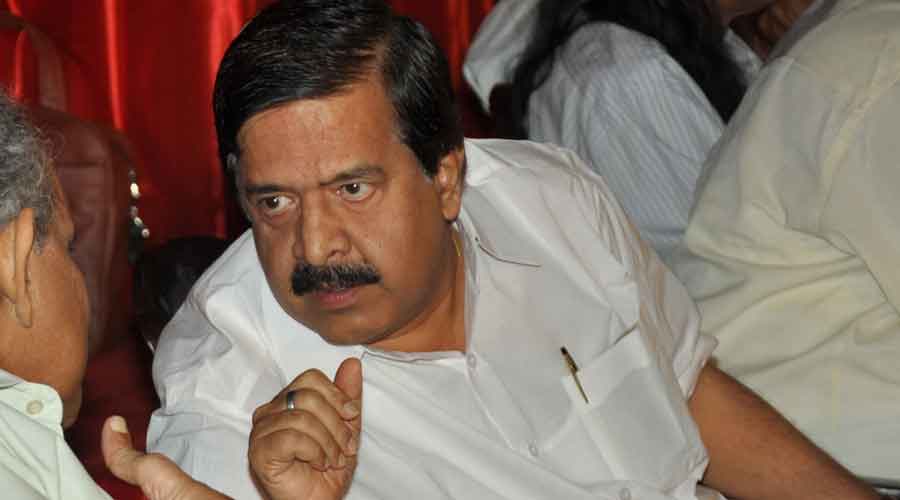The Kerala government has come under fire for bringing an ordinance that would empower it to reject orders of the Lokayukta, leaving the ombudsman toothless in its fight against corruption and nepotism.
Senior Congress leader and MLA Ramesh Chennithala disclosed the government’s move on Tuesday and termed it a blatant attempt to save the chief minister and higher education minister against whom the Lokayukta is hearing cases.
The ordinance was moved after Friday’s cabinet meeting that chief minister Pinarayi Vijayan attended online from the US where he is undergoing medical treatment.
“This law is being amended and the chief minister is trying to usurp all the powers at a time the Lokayukta is hearing my complaint against higher education minister R. Bindu. It is better for all Lokyukta judges to resign. This (ordinance) is tantamount to insulting the judges,” Chennithala told a news conference in Thiruvananthapuram.
The Lokayukta had sought explanation from Bindu on January 12 in the case filed by Chennithala who alleged nepotism in re-appointing Kannur University vice-chancellor Gopinath Ravindran after retirement.
The ombudsman had in January 2019 admitted a complaint alleging misuse of the Chief Minister’s Disaster Relief Fund with Vijayan as the prime accused.
The Kerala Lokayukta (Amendment) Ordinance, 2021 amended Section 14 of the Kerala Lokayukta Act, 1999 to make orders of the ombudsman not binding on the government. “Where the competent authority is the Governor, or the Chief Minister or the Government of Kerala, he or it may either accept or reject the declaration, after giving an opportunity of being heard. In other cases the competent authority shall send a copy of such report to the Government which may either accept or reject the declaration after giving an opportunity to be heard. If it is not rejected within a period of three months from the date of receipt of the report or the copy of the report, as the case may be, it shall be deemed to have been accepted on the date of expiry of the said period of three months.”
Once the governor gives his assent, the amendment would replace Section 14 of the existing Act that states: “Where the competent authority is the Governor, the Government of Kerala or the Chief Minister, he or it shall accept the declaration.”
State law minister P. Rajeev defended the ordinance and said the amendment emphasised on natural justice and had nothing to do with cases against Vijayan and Bindu. “This amendment is based on the advocate general’s suggestion that all laws should be in line with the Constitution and, if not, changes should be made to make them in accordance with the Constitution,” Rajeev told reporters.
He attributed the ordinance to two high court judgments that ruled Lokayukta had “only recommendatory jurisdiction and not mandatory jurisdiction and it does not have the powers to give orders like other statutory bodies”.
“Under the existing (Lokayukta) law, there is no provision for appeal and is thus against natural justice and in violation of the Constitution. Whether a minister should continue or not is up to the pleasure of the governor, and the pleasure of the governor is based on the decision of the government,” he said.
Asked about the reason to take an ordinance route and not bring a draft bill with the Budget session just days away, Rajeev said: “That possibility is not closed.”
Indian Union Muslim League lawmaker P.K. Kunhalikutty alleged the government was subverting the body. “It is unimaginable that the government one day decided to subvert the Lokayukta through an ordinance. Even the LDF had held several agitations to make Lokayukta more powerful,” he said.
Former Upa-Lokayukta of the state, Justice K.P. Balachandran, said the move was the result of the adamant attitude of the government. “This is an adamant attitude. This will result in nullifying the statute itself,” he told reporters.

